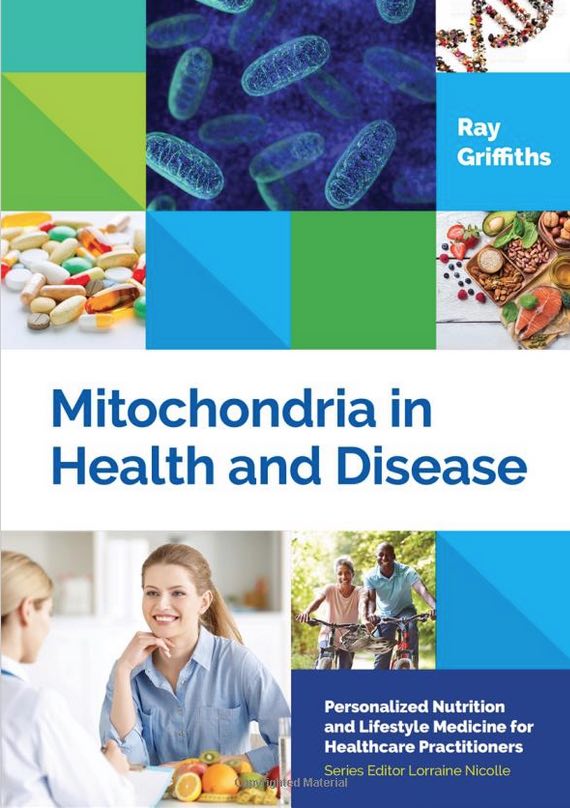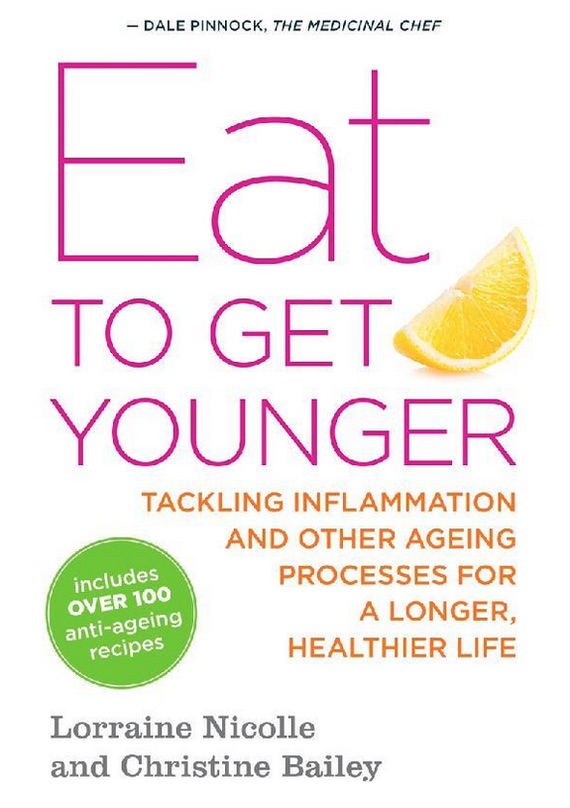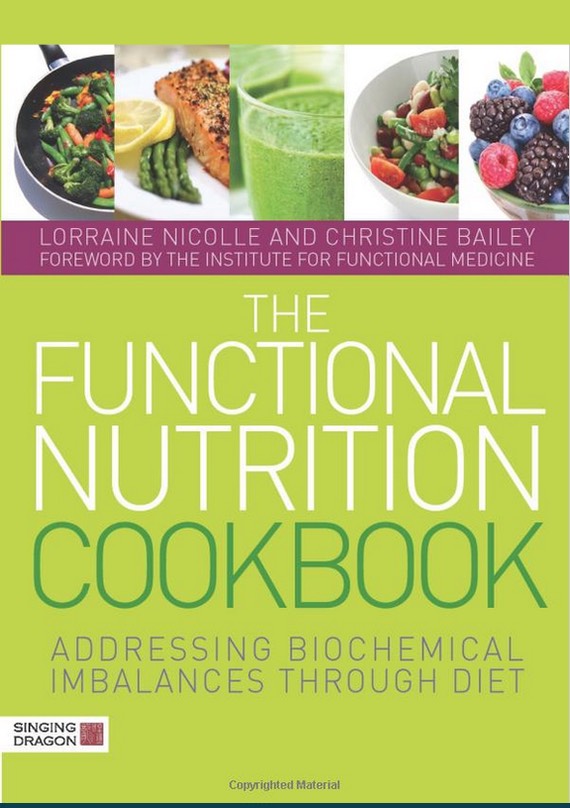
Case Studies in Personalized Nutrition
Created by RNT Angela Walker, this is a practical reference and teaching book of case studies for nutrition practitioners and other healthcare professionals, demonstrating how to apply the latest evidence-informed principles of personalised nutrition.
Covering a range of complex cases such as autoimmunity and inflammation, hormonal disruption, mental health concerns and more, Case Studies in Personalized Nutrition explains the most recent developments in nutrition science and how these can inform patient management. Complete with in-depth case histories, Q&As with the practitioner and explaining the clinical reasoning behind decisions, this is the most comprehensive guide to help put theoretical knowledge .

Mitochondria in Health and Disease
This book by Ray Griffiths MSc (Nutr.) explores the complex roles of mitochondria in the body. When healthy, mitochondria provide us with ninety percent of our energy. But unhealthy mitochondria can contribute to many chronic and degenerative conditions including cancer and Alzheimer’s disease. This guide helps practitioners to identify the mitochondrial dysfunction underlying a wide range of health complaints, and provides inspiration about relevant and emerging mitochondria-supportive dietary regimes and nutrients.
This book is the first in a new series of books edited by Lorraine Nicolle, under the title; Personalised Nutrition and Lifestyle Medicine. Each book in the series will be a powerful new tool to help nutritionists and other healthcare practitioners to get the very best results for their patients, by devising nutritional interventions that complement each person’s individual biochemical makeup. Other titles available soon will explore topics like nutrigenomics, case studies in personalised nutrition, cognitive decline, and mouth and dental health, to name but a few. Accessible and evidence-based, this innovative new series will provide essential guidance for practitioners in this fast-growing area of healthcare.

Eat To Get Younger
You can’t escape the ageing process but you can slow it down. By helping you to identify and address the problem areas that are accelerating your rate of ageing, this book reveals how to become more energised, sleep better, get leaner, avoid or delay age-related degenerative conditions typical in your family, and generally look and feel healthier in your 30s, 40s, 50s, 60s and beyond. It includes action plans for specific areas of interest, to help you focus on your own individual goal, whether this is reducing pain, improving your bones and joints, easing the menopause, losing weight, revitalising your skin, or reducing the chronic internal inflammation that is the precursor to most age-related diseases.

Using Nutrigenomics within Personalized Nutrition
Authored by RNT Anne Pemberton, this is the comprehensive guide to utilising nutrigenomics in clinical practice. A cutting-edge field, nutrigenomics examines the effects of foods on gene expression. From a comprehensive patient history and appropriate testing, practitioners can work with the patient to correct underlying biochemical imbalances that may predispose to a disease, using nutrigenomics as a guidance tool.
The book covers everything a practitioner needs to know, from the difference between nutrigenomics and epigenetics to what to consider when incorporating nutrigenomics with functional medicine. The book is highly practical, guiding the reader through the realities of using genetic testing in clinical practice.

The Functional Nutrition Cookbook
This unique cookbook with a CD-ROM of printable recipes looks beyond intervening in the symptoms of health problems and addresses the ways in which diet can be used to help correct underlying imbalances in the body. Dealing with a range of different issues, including gastro-intestinal, immune system and hormone imbalances, this book clearly explains the intricacies of each problem and offers useful tips on how to truly make a difference through diet. The recipes provided for each imbalance are easy to follow and are accompanied by detailed nutritional information.

Biochemical Imbalances in Disease.
Biochemical imbalances caused by nutritional deficiencies are a contributory factor in chronic illnesses such as cardiovascular disease, diabetes, auto-immune conditions and cancer. This handbook for practitioners explains how to identify and treat such biochemical imbalances in order to better understand and manage a patient’s ill-health. The book examines a range of biochemical imbalances, including compromised adrenal or thyroid function, gastro-intestinal imbalances, immune system problems and sex hormone imbalances, and explains how and why such states occur.